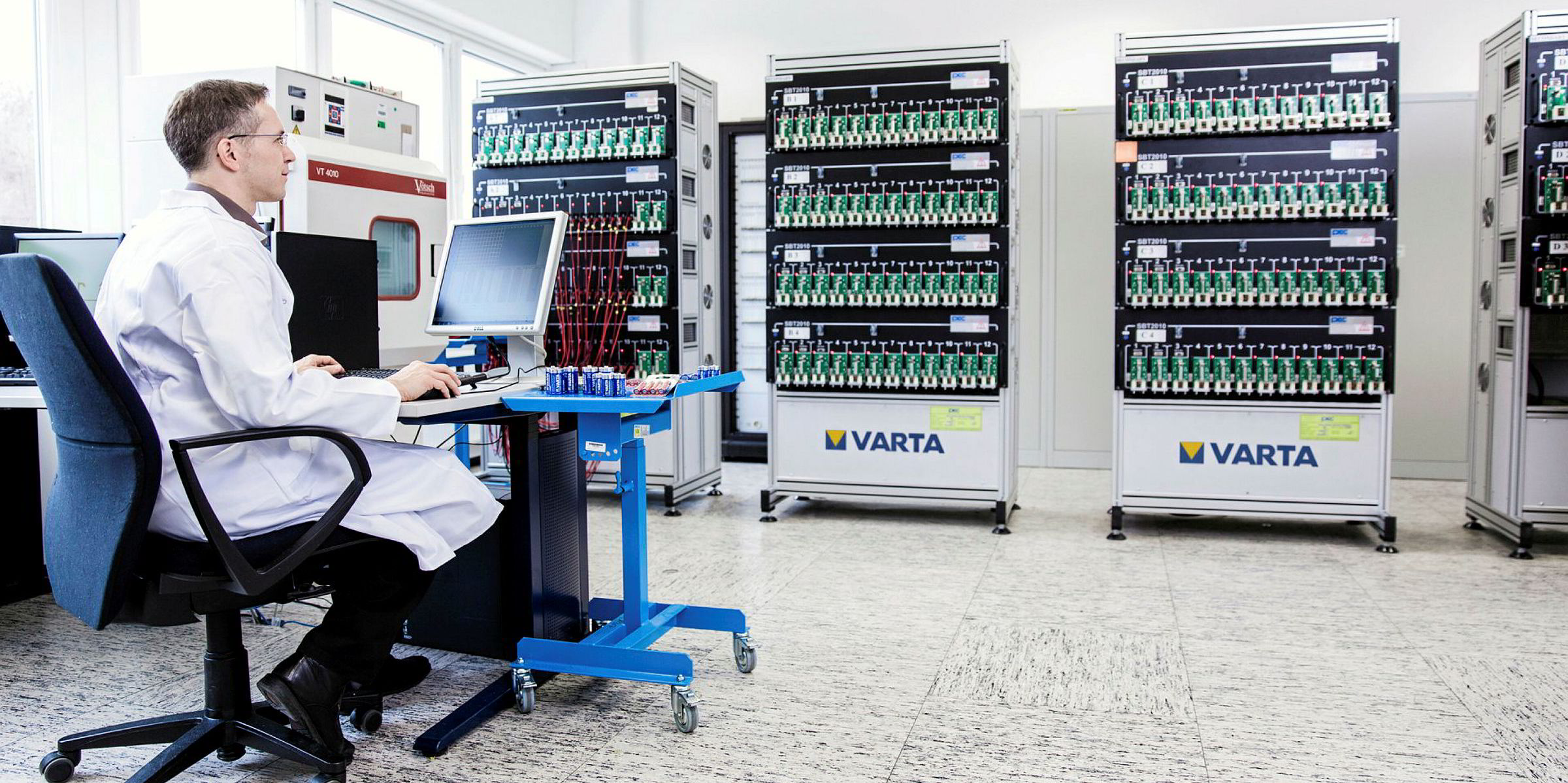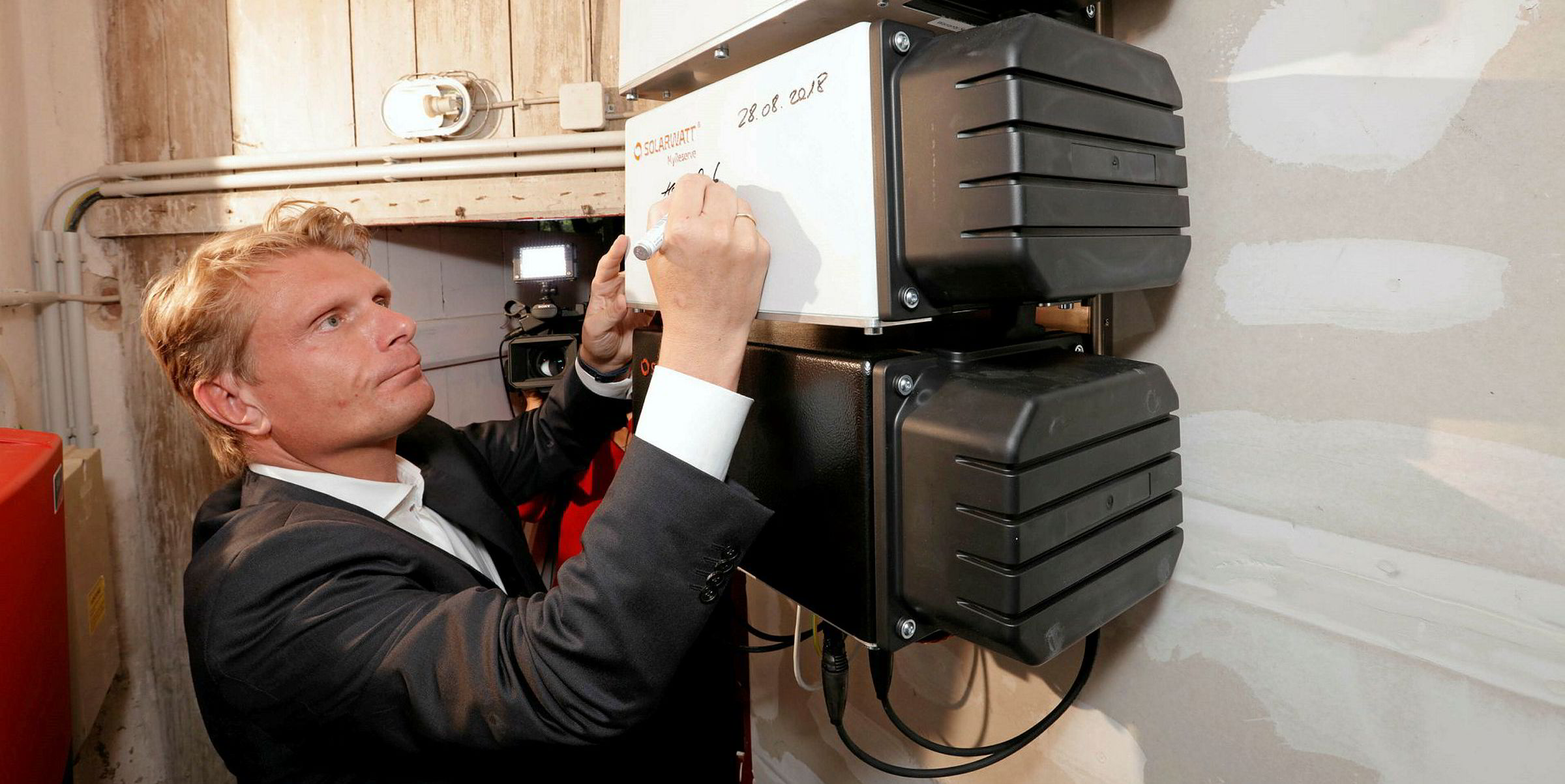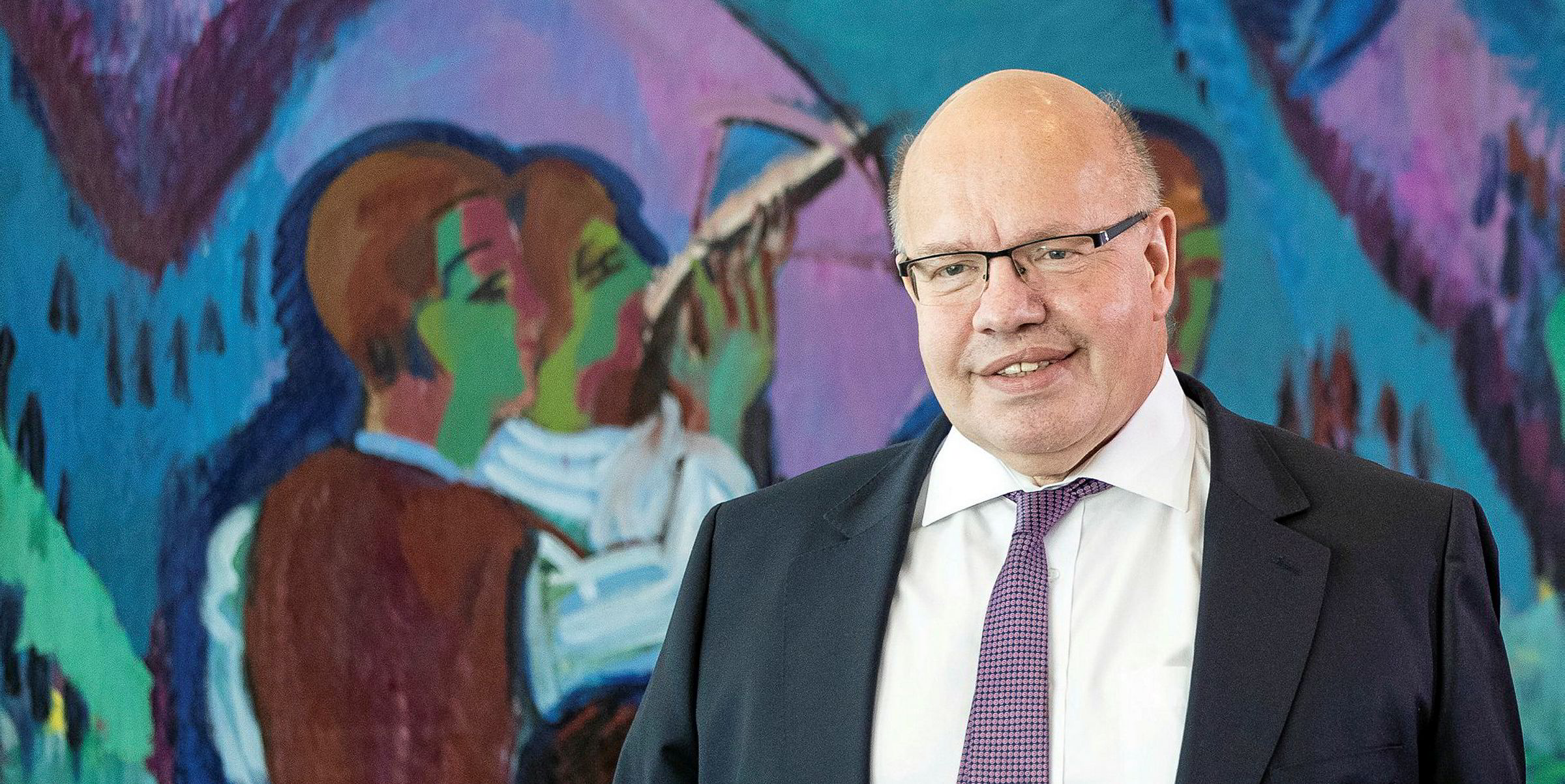Aiming at making Europe less dependent on imports from Asia as electric vehicle sales are on the rise, Germany’s federal government and the southern states of Bavaria and Baden-Württemberg have granted traditional battery maker Varta €300m ($336m) in support to expand its local battery cell manufacturing.
Varta will use the funds to research and build up a mass production of electric car batteries at a location in each of the two states.
“We will ignite the next stage of battery cell production in Germany. The first battery components are already being produced in Germany,” economics and energy minister Peter Altmaier said ahead of a ceremony to hand over the grants.
“Now we are taking the next step towards mass production of battery cells for automotive and industrial applications. This is how we advance the energy and transport transition. It is important to me that the CO2 balance of batteries improves and that we use raw materials more economically.”
Altmaier already in 2018 had pledged €1bn in German subsidies by 2021 to build up a gigawatt scale regional battery cell production, with a target to supply 30% of the world’s need for battery cells with production from Germany or Europe by 2030. Europe currently is highly dependent on batteries from Asian countries such as China or Korea.
Government parties in Berlin in the wake of a recovery package from the economic slump triggered by the coronavirus pandemic recently had also decided to double to €6,000.00 a bonus paid for the purchase of new electric cars (of a cost of up to €40,000.00), and earmarked €2.5bn for charging station infrastructure, and research into e-mobility and battery manufacturing.
Also, e-vehicles until the end of 2030 won't have to pay vehicle taxes.
The stimulus comes as major German carmakers such as Volkswagen are boosting the numbers of electric vehicles on offer, while Californian e-car maker Tesla is building a new car and battery giga factory near Berlin.
Battery maker Varta, which had been struggling before the e-vehicle boom, will use the funding to research a new generation of lithium-ion cells and start mass production, Bavaria’s economics state secretary Roland Weigert said.
“The build-up of battery manufacturing in Germany brings the possibility to become less dependent on imports,” he said.
The support for Varta is part of the so-called ‘important projects of common European interest’ (IPCEI) that have been approved by the European Commission in regards to state aid.
The economics ministry said it is particularly keen on raising the sustainability of batteries, including achieving lower CO2 emissions during production and disposal, reuse and recycling of batteries and raw materials.
“The project at Varta is a milestone for the location Baden-Württemberg. Together with the federal government, we, as a state, are making an important contribution here in order to establish an internationally competitive battery production as quickly as possible,” Baden-Württemberg’s economics minister Nicole Hoffmeister-Kraut added.
“We want to further strengthen our good position in this field and expand our location into a centre for research, development and production of batteries in Europe.”



